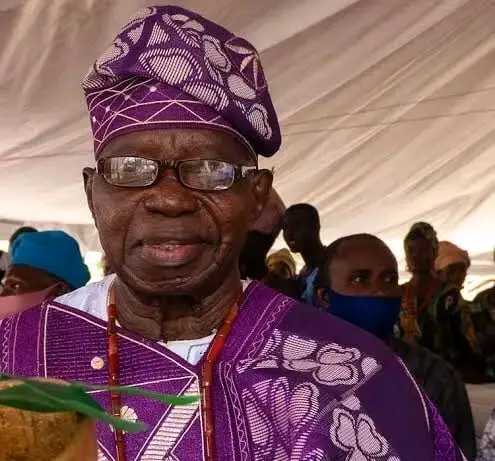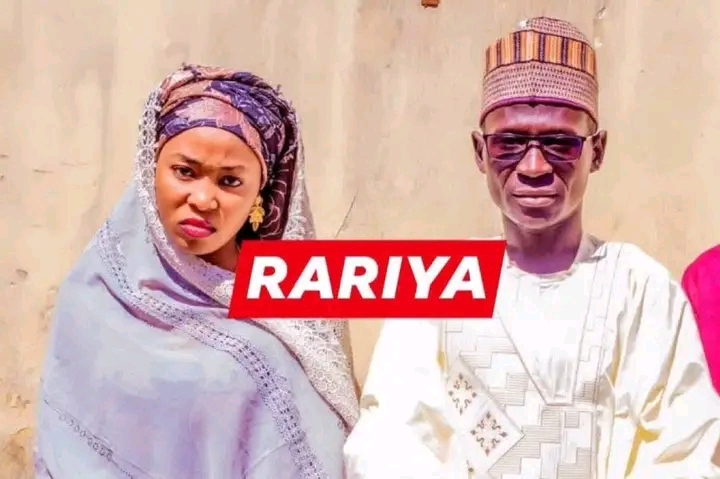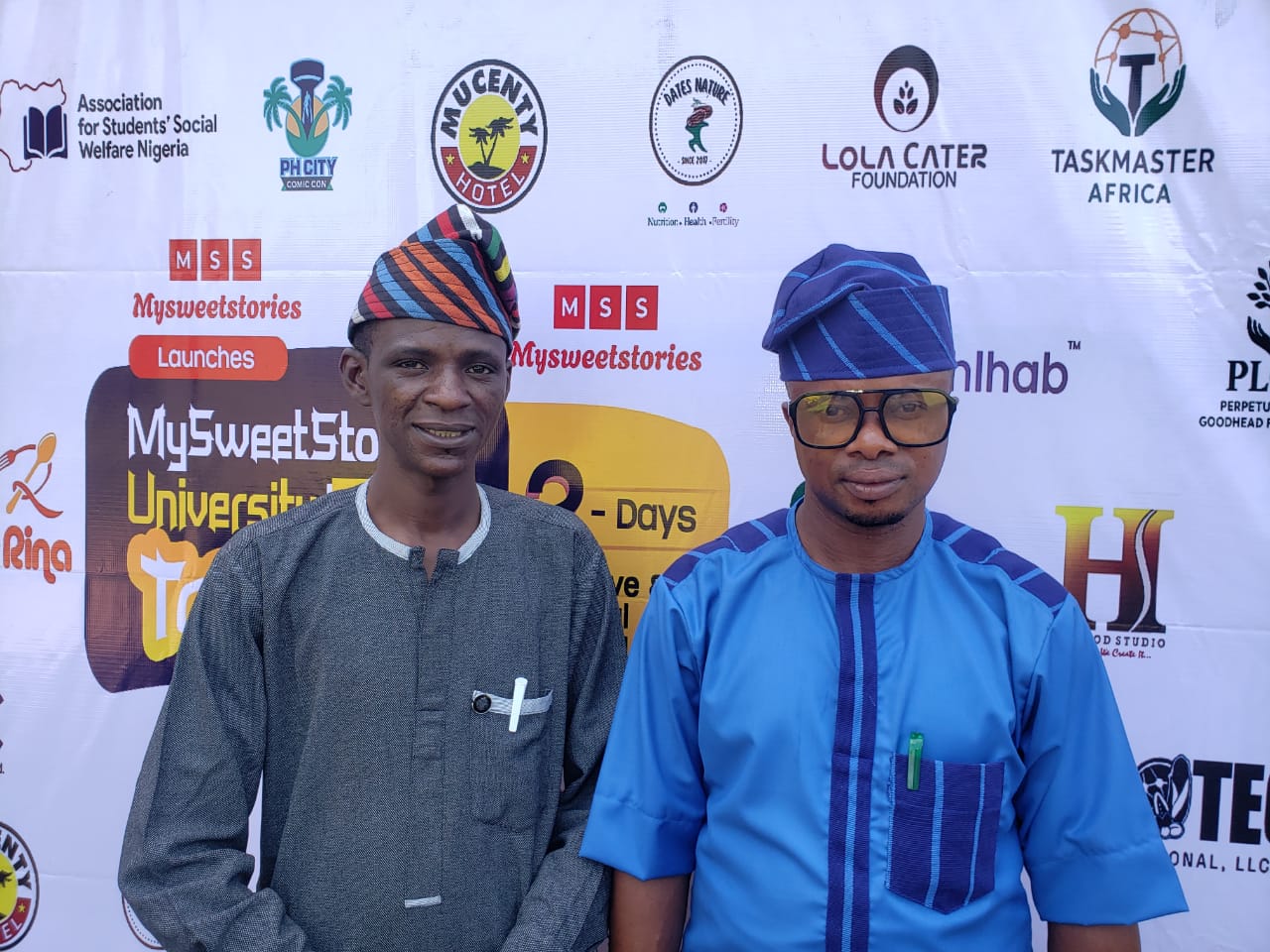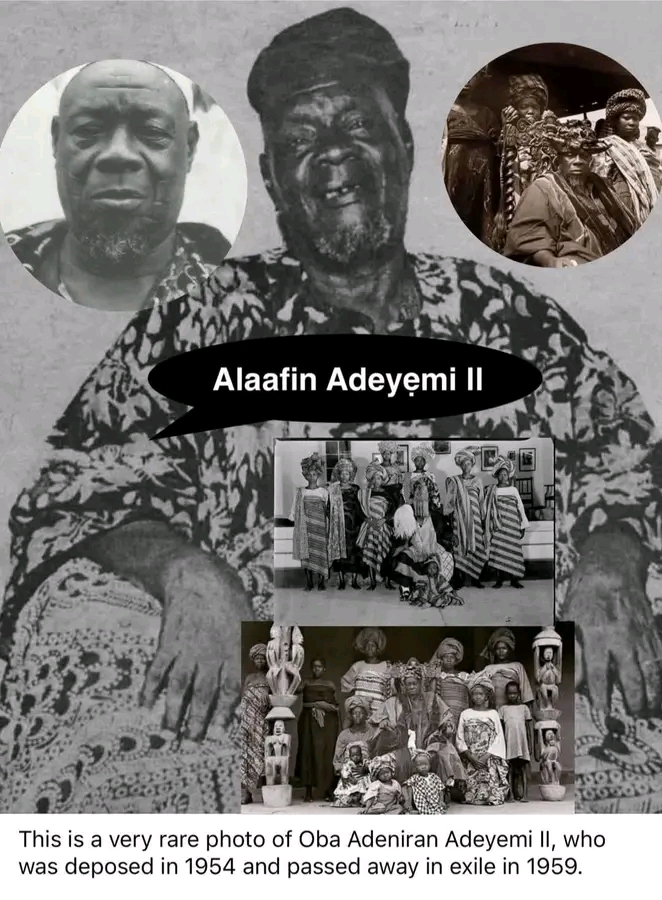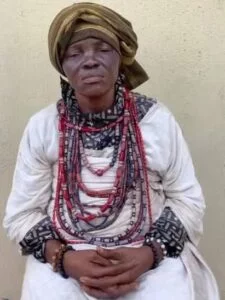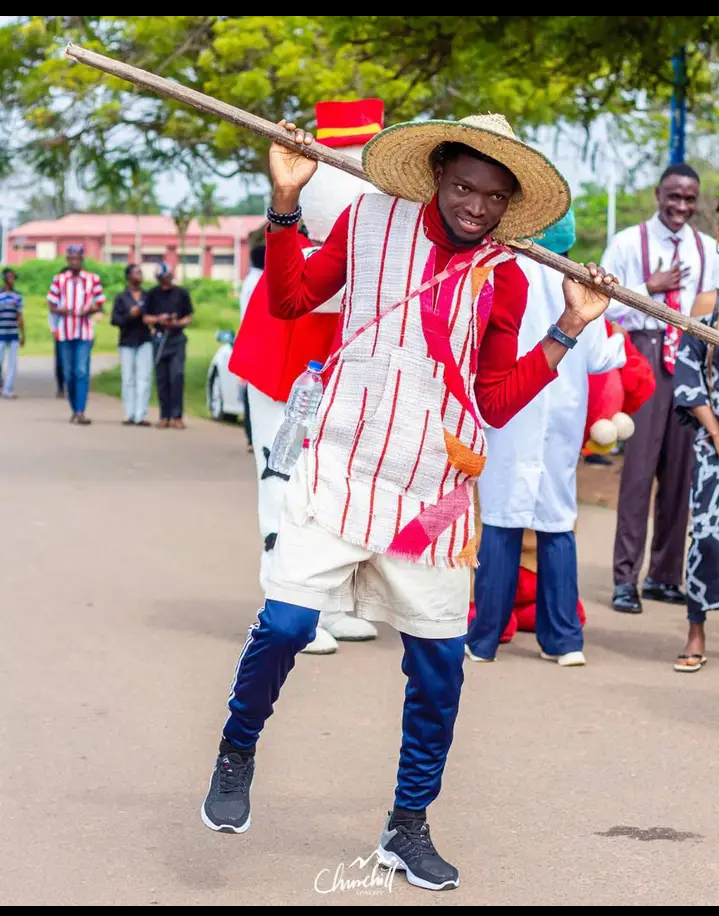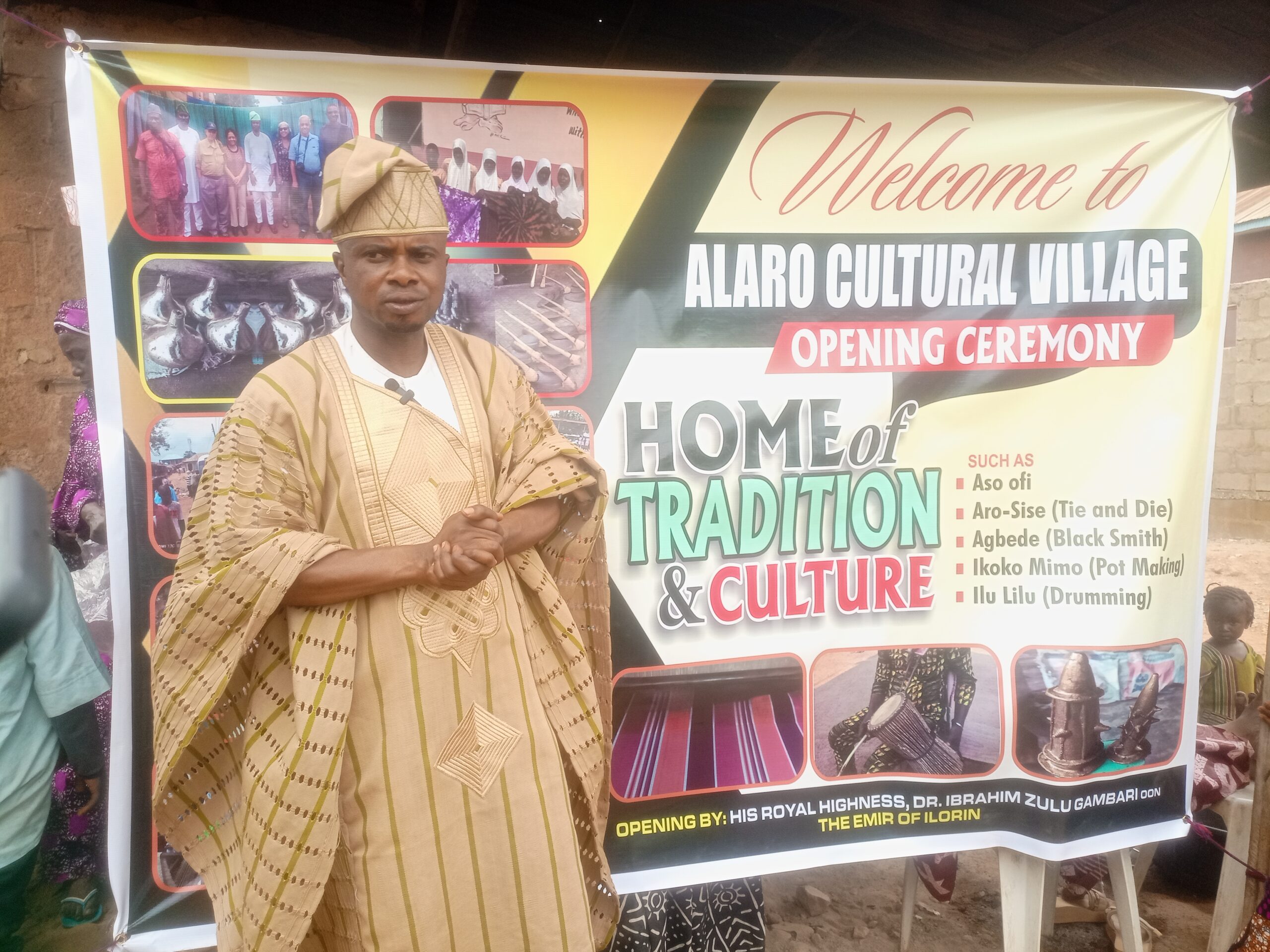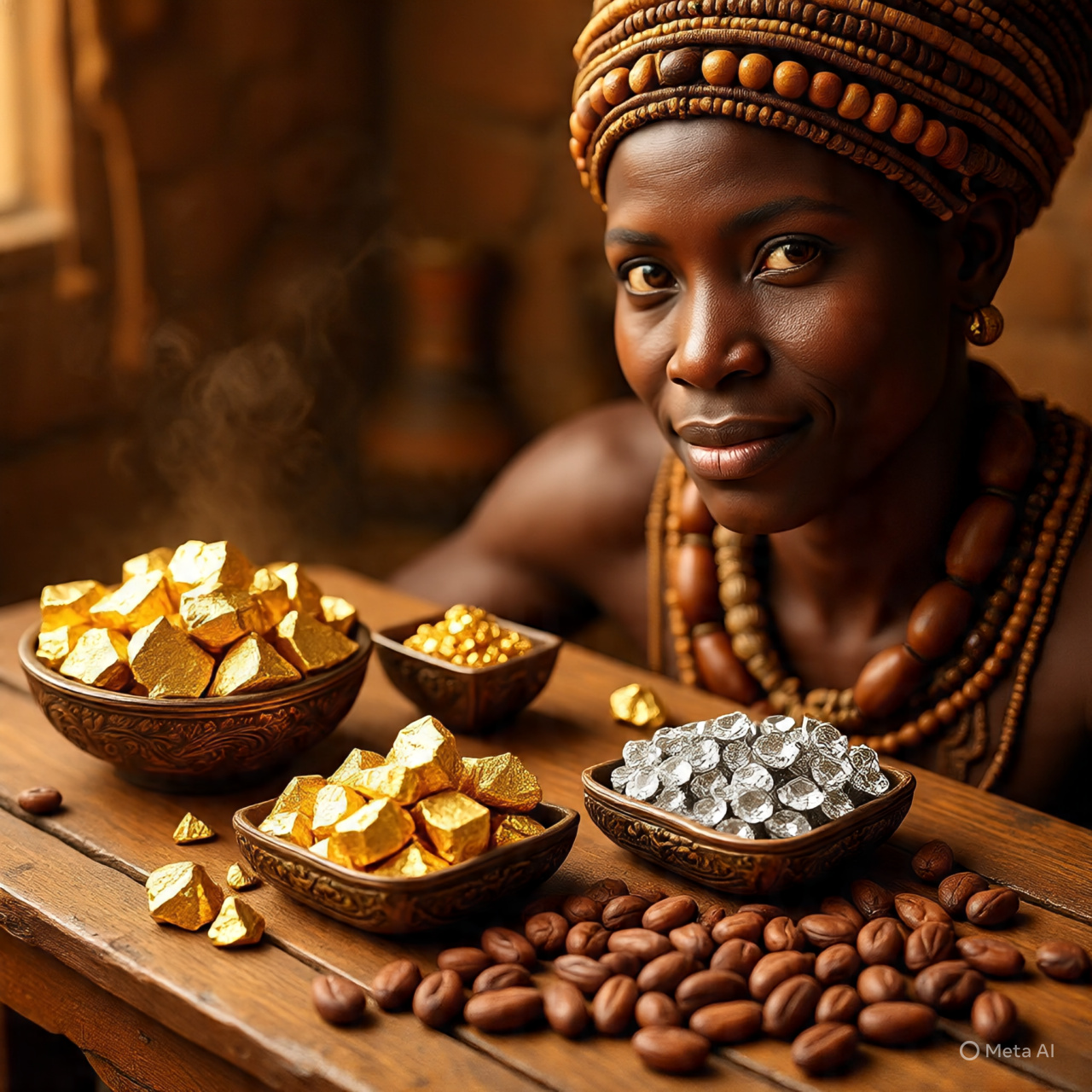
Africa, a continent rich in diversity and abundance, has been blessed with an array of natural and human resources that surpass those of many other regions. From the vast expanses of fertile land to the immense mineral wealth, Africa’s natural resources are a treasure trove waiting to be harnessed.
Natural Resources: A Wealth of Opportunities
Africa is home to some of the world’s most significant natural resources, including:
– Vast mineral deposits, such as gold, diamonds, and oil
– Fertile land, suitable for agriculture and livestock
– Abundant water resources, including rivers, lakes, and oceans
– Diverse wildlife, supporting tourism and conservation efforts
Human Resources: A Treasure of Talent and Potential
Africa’s human resources are equally impressive, with a growing population of young, dynamic, and innovative individuals. The continent’s human capital is a valuable asset, driving economic growth, entrepreneurship, and cultural development.
– A young and growing population, with a median age of 19.5 years
– A rich cultural heritage, with over 2,000 languages spoken across the continent
– A thriving entrepreneurial spirit, with many successful businesses and startups
– A talented pool of professionals, with expertise in various fields
Harnessing Africa’s Resources for Development
While Africa’s natural and human resources are a blessing, they also present opportunities for development and growth. By harnessing these resources effectively, African countries can:
– Drive economic growth and reduce poverty
– Improve living standards and increase access to education and healthcare
– Foster innovation and entrepreneurship
– Promote sustainable development and environmental conservation
Conclusion
Africa’s natural and human resources are a divine blessing that offers immense opportunities for development and growth. By recognizing the value of these resources and harnessing them effectively, African countries can unlock their full potential and build a brighter future for their citizens.
